Last Updated on August 2, 2021

Welcome to The Best Movie You NEVER Saw, a column dedicated to examining films that have flown under the radar or gained traction throughout the years, earning them a place as a cult classic or underrated gem that was either before it’s time and/or has aged like a fine wine.

This week we’ll be looking at Oliver Stone’s SALVADOR!
THE STORY:
A journalist, down on his luck in the US, drives to El Salvador to chronicle the events of the 1980 military dictatorship, including the assassination of Archbishop Oscar Romero. He forms an uneasy alliance with both guerillas in the countryside who want him to get pictures out to the US press, and the right-wing military, who want him to bring them photographs of the rebels. Meanwhile he has to find a way of protecting his Salvadoran girlfriend and getting her out of the country.
THE PLAYERS:
Written by Rock Boyle & Oliver Stone and directed by Stone, the film stars James Woods as Richard Boyle, James Belushi as Doctor Rock, John Savage as John Cassady, Elpidia Carillo as Maria, Cyntia Gibb as Cathy Moore, Michael Murphy as Ambassador Thomas Kelly, and Tony Plana as Major Maximiliano “Max” Casanova.

THE HISTORY:
After two less-than-stellar films (SEIZURE and THE HAND), director Oliver Stone decided to go for broke with SALVADOR. Pulling inspiration from real-life photojournalist and friend Richard Boyle, Stone turned the real-life exploits into a script and put his house up in order to kick off financing for the flick, which takes place during the beginning of the Salvadoran Civil War in 1980. After securing additional funding from John Daly of Hemdale films, Stone went to Mexico to shoot the film.
Originally intended to be a semi-documentary with the real Richard Boyle playing himself, SALVADOR wound up becoming a narrative feature. Stone approached Martin Sheen for the lead role of Boyle with James Woods reading for the part of Doc. However, after reading the script, Woods lobbied for the part of Boyle, which Sheen agreed to give up, as he was uncomfortable with the material as it was. James Belushi took the role of Doc and the rest fell into place.
Filming was turbulent, with Woods clashing with everyone on set, including Stone and Belushi. Stone, in turn, would rile them up by making up lies each was telling about one another, causing additional friction to fuel their characters. Woods would often ad-lib lines or attempt to steal the scene from Belushi and was a constant thorn in everyone’s side, but with the purpose of remaining in his character’s mindset.

“I’d got so pissed off with Oliver and John, I left the set. So, I’m in the middle of nowhere in Mexico and I’m hitchhiking. None of the trucks are stopping. I’m going; ‘Why the fuck aren’t they stopping?’ What I don’t realize is that Oliver is at the head of the road waving down the cars, saying; ‘There’s a crazy gringo with a .45. Don’t pick him up because he’ll shoot you!’” – James Woods
Money was a constant concern, from paying the local crew to the main stars themselves. Stone even forfeited his salary in order to pay for a scene of the rebels riding into battle on horseback. By the end of the shoot everyone was exhausted and Stone was basically broke, but determined to finish the film. The editing process was just as turbulent as the shooting, with Stone clashing with producers over the final cut.
SALVADOR was released on April 23, 1986 and garnered much critical acclaim (currently at 92 percent on Rotten Tomatoes), as well as some backlash over the political leanings in it, but did little to stimulate the box office. It took in just $1.5 million from a $5 million budget and would later be re-released briefly after the success of PLATOON the following year. It still remains an elusive film in Oliver Stone’s resume, but has thankfully gained an audience throughout the years.

“The only reason the picture survived was the video revolution. Salvador did very well on video. People started talking about it and it got nominated for two Oscars, for Best Screenplay and Best Actor. That wouldn’t have happened if it wasn’t for video.” – Oliver Stone
WHY IT’S GREAT:
Many point to PLATOON as Oliver Stone’s best film, although he has a few more high-profile flicks in his resume that could fight for that title as well (WALL STREET, JFK, NATURAL BORN KILLERS, etc.). However, the most oft forgotten and unseen of his films is probably the best contender for the top spot. SALVADOR, made just before PLATOON, is Stone at his most raw, yet still saturated in his mindset and style. It’s a gritty, ugly, frightening, shocking, and moving film that stirs the political pot like the best (and worst) of his work, while giving us some of the most well-rounded, compelling, and flawed characters that have ever inhabited his films.
James Woods stars as Richard Boyle, a sleazy, down-on-his-luck photojournalist who is admirable in his drive and passion to capture the truth, yet just as detestable in everything that has to do with his personal life. After his wife and child leave him with nothing but an eviction notice and upaid bills, Boyle attempts to find freelance work with any news organization that will have him, but he’s the kind of abrasive personality that pours gasoline on every bridge he crosses with a lit cigarette in his mouth every step of the way. Nobody wants him, even if his past accomplishments were notable.

“The problem with characters like Sidney Schanberg in The Killing Fields is that they were heroic characters. I found it a bit movie-ish that they had no personal flaws. They were dignified, they were liberal and they were noble, whereas Richard Boyle is more of a second-rate with many personal flaws. I liked him because he was a gadfly. He's such an irritating personality, but he does have this ability to get under your skin. And that's the kind of character I wanted to do.” – Oliver Stone
Boyle grabs up his fellow sleazy pal Doc, played to slobby perfection by James Belushi, and decides to drive to El Salvador where political upheaval and a brewing civil war are imminent. Why not go for broke, right? Boyle, who has visited the area before, sees it as his best option in securing work and also has a girlfriend there, named Maria, played by Elpidia Carrillo (PREDATOR), that helps steer his desire to be in Central America. The second that Boyle arrives in El Salvador the film takes on a heightened sense of constant tension. After witnessing a civilian execution and being rounded up by military forces, we see immediately that these guys are now in a completely different world from what they’re used to, where anything can go wrong at any moment. They’re thrust into a tug-of-war between a right-wing government, left-wing rebels, and U.S. dollars filtering into the fight, all coming to a boiling point.
There’s a myriad of interesting characters that are part of the story, notably Cynthia Gibb as a U.S. aid worker, John Savage as a driven fellow photojournalist, and Michael Murphy as Ambassador Thomas Kelly, each of whom add their own sense of place in the potboiler that was El Salvador in the mid 80’s. Unfortunately, the one thing missing throughout is a voice of normalcy in the civilian population; everyone is a victim, rebel, or otherwise shady character, with Carrillo’s Maria serving as the most normal character we meet, but is still arguably a victim. In addition, the many characters of power, including the U.S. military advisors and ruling local leaders are often portrayed as cigar-chomping, smug, and cartoonish, never delving further than what you could easily concoct out of known stereotypes. Despite that, you can’t help but feel for the people ensnared in such a convoluted and violent situation, which makes the proceedings hold so much weight. And Stone pulls no punches there.

“Salvador is not an indictment of El Salvador. El Salvador is a great place with great people and I love it. Good beer, beautiful women, cheap rent. What more do you want in life?” – Richard Boyle
The film is based on the events that led up to the start of the Salvadoran Civil War (which lasted from 1980 to 1992), but uses fictional or “merged” characters based on real people to portray the various key players, minus a select few. While you can’t look to SALVADOR as a perfectly accurate portrayal of all the events that transpired during this time period, it tackles many of the real and brutal ones, which serves to bring the atrocities and complexities of the situation to light, prompting those who want to know more about it to investigate further. What I find fascinating about films like SALVADOR is their ability to invoke thought and exploration. You can’t take SALVADOR at face value, as it’s chock full of Stone’s personal political views and slanted as such in many places, but it’s more than enough to serve as a launching pad for your own quest to discover the realities of the situation. For me, a film that moves you to find the truth for yourself is one that truly inspires.
Beyond the politics, though, is a story about characters, with Boyle at the center, soaked in gonzo journalism and torn between his own morals and ethics in the face of an awakening civil war. While it seems like he’ll do anything just to get a job, there are moments where he finds himself conflicted with his own personal feelings, even if they’re purely for selfish reasons (getting his girlfriend out of the country among them) or self-proclaimed patriotism. He’s contradictory, passionate, preachy, and an all-around son of a bitch. You can’t help but kind of love him.

“We were all just nuts. I don't know why we were nuts but I think it was in the nature of the picture. I'm playing this lunatic and we're riding fucking burros up in the woods. John Savage is a brilliant, unheralded, unappreciated nutcase great actor. Oliver is a fucking lunatic.” – James Woods
SALVADOR is not an easy watch. It does not go down smooth. There are absolutely awful scenes in this, including countless murdered civilians (including children), an assassination, war crimes, and one of the most horrific rape/murder scenes you’ll ever see, which is compounded by the fact that it really happened. In the middle of it all is Boyle and fellow journo John (John Savage), who run into the fray to capture the horror and reality of a society going to war with itself, oftentimes with no regard for their own safety. That’s not to say they’re heroic for their efforts, as they aren’t doing it just to capture the truth; they’re doing it for money and glory just the same, which makes their plight all the more engrossing. It's a job, after all.
In terms of performances, this is James Woods at his absolute best. He was nominated for a Best Actor Oscar for SALVADOR and it was much deserved. We’ve seen shades of this type of performance throughout his career, but this is Woods at full tilt. He gives everything to this role and, after all the on-set turmoil, pulled out what stands as the best performance of his career. It’s quintessential James Woods and a marvel to watch. Once you move past the politics and the horrific recreation of the actual events, this is Woods’ film. But, he doesn’t take it alone. The credit also rests with Stone, who gambled hard to make SALVADOR happen and came out on top, opening the doors to his more notable follow-ups. However, to forget about SALVADOR is to leave out the most raw, complex, and compelling film in his resume. He’s grown far and away from this style of filmmaking, but it’s great to be able to revisit the hunger that was so prevalent in his early days. SALVADOR will inspire, shock, anger, and engross you and that’s ultimately what you want from an Oliver Stone film.

“The film was over. Oliver just sat down on the curb. He had this kind of stunned look, amazed that he’d actually managed to finish the picture. I sat down beside him. I said; ‘You know what? I think you made a great film. And all this stuff I fought about was because I really wanted this film to be like no other.’ And he said; ‘Yeah, everything we did made it better.’” – James Woods
BEST SCENE:
There are a number of hard-hitting scenes in SALVADOR, many which will stay with you long after it's over. However, the standout scene for James Woods in particular was an ad-libbed scene where he takes confession. It's said to be the "calling card" scene that got him nominated for an Oscar and it digs deep into the character of Richard Boyle, exposing him for all his strengths and weaknesses at once. It's classic Woods at that, making it all the more engaging.
SEE IT:
Unfortunately, SALVADOR isn’t available on blu-ray in the U.S. but there are import options out there. You can get it on standard DVD or buy it in HD on either Amazon or iTunes. I recommend the HD download as it's actually a really nice transfer and it really brings the setting to life in a way that standard definition couldn't.
PARTING SHOT:
“I worked without pay for a year, but it was worth every single moment of it. It was a tough movie to make, but it has an edge, it has a madness and it has an anarchy, which is good.” – Oliver Stone
For more on SALVADOR, check out this great Q&A with Oliver Stone and James Woods:



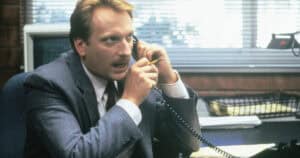

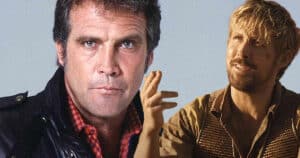
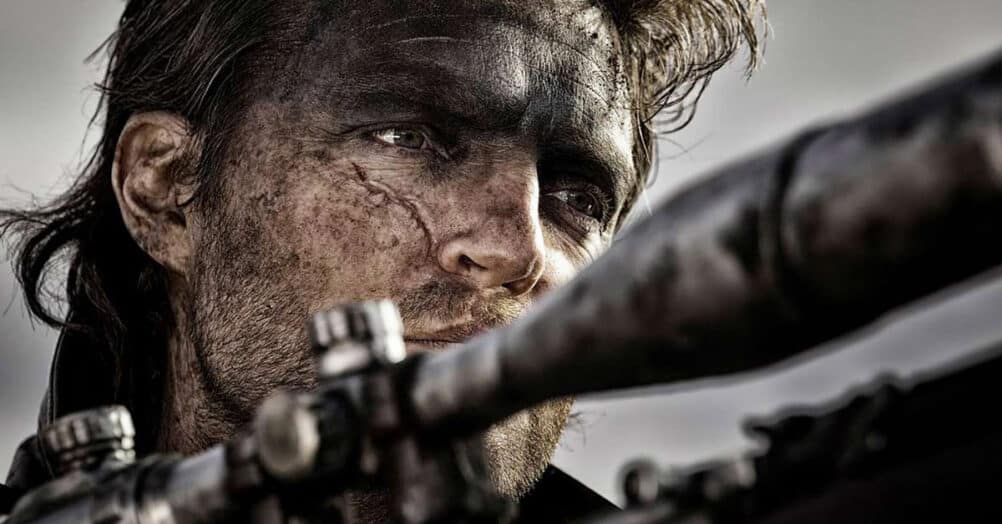
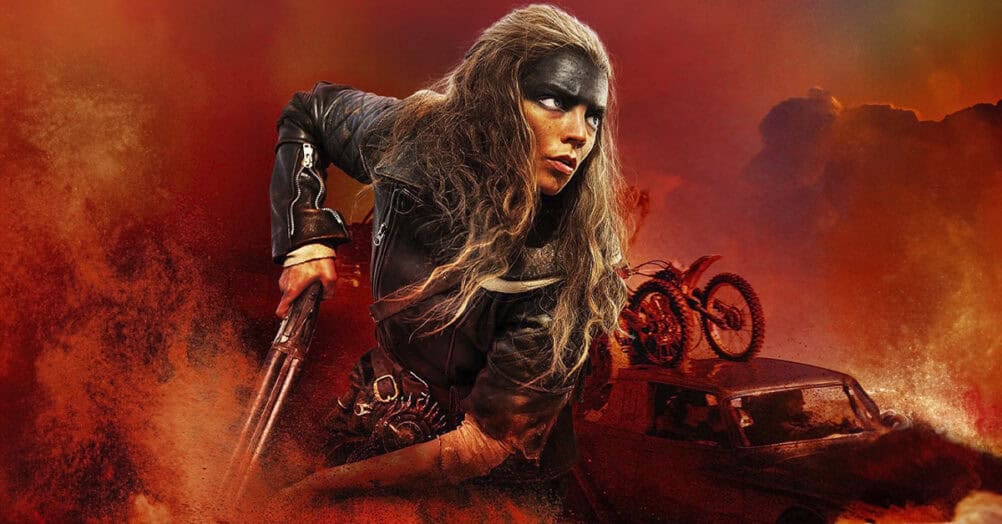
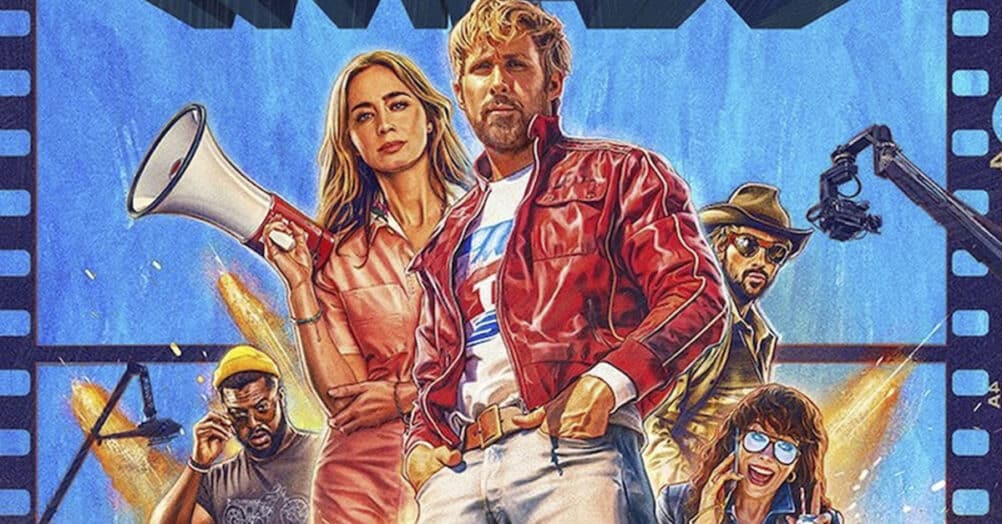
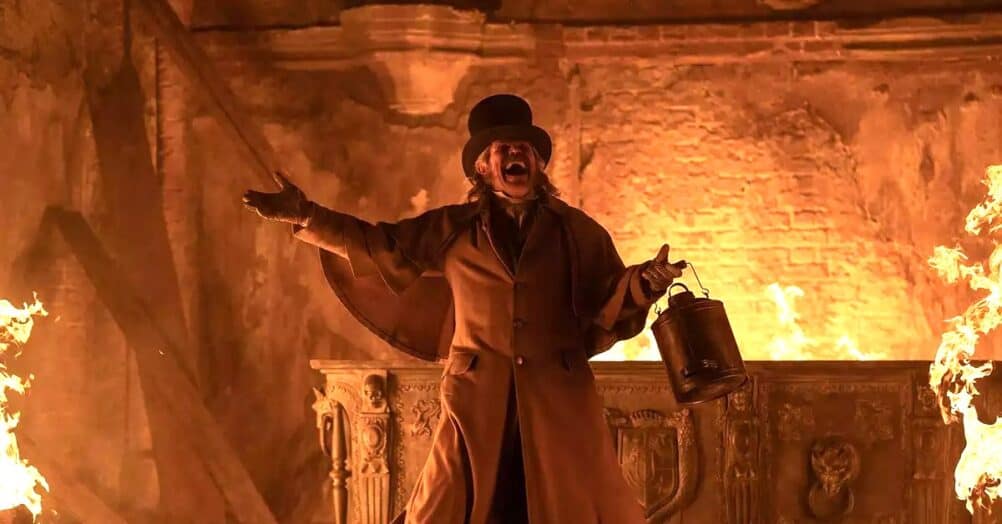
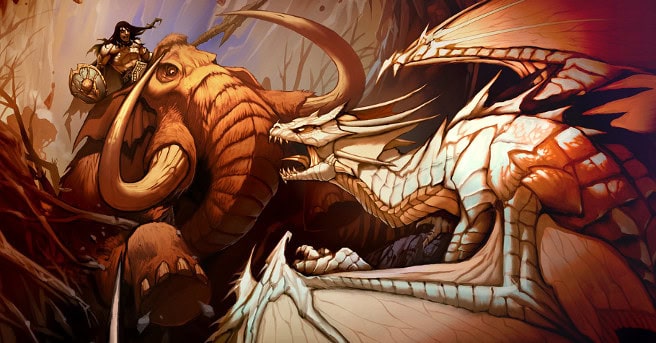
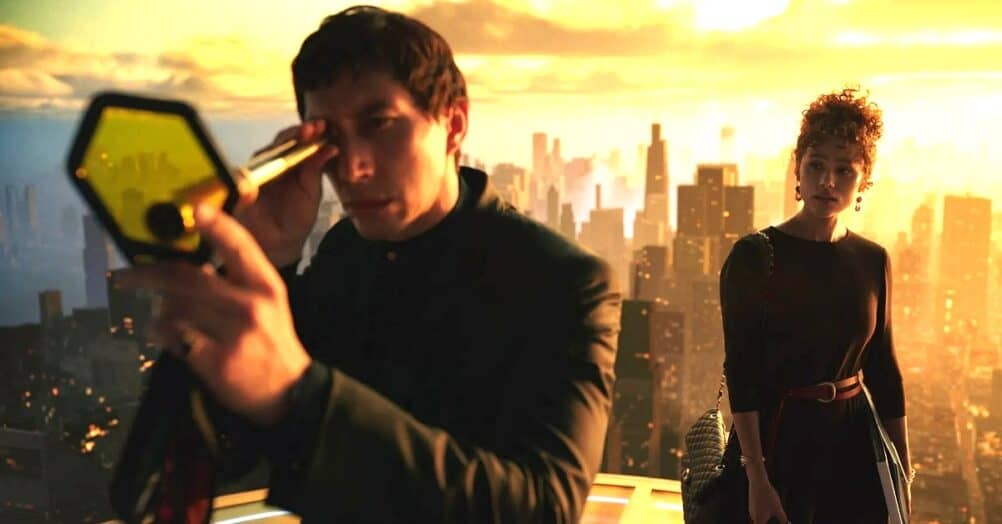
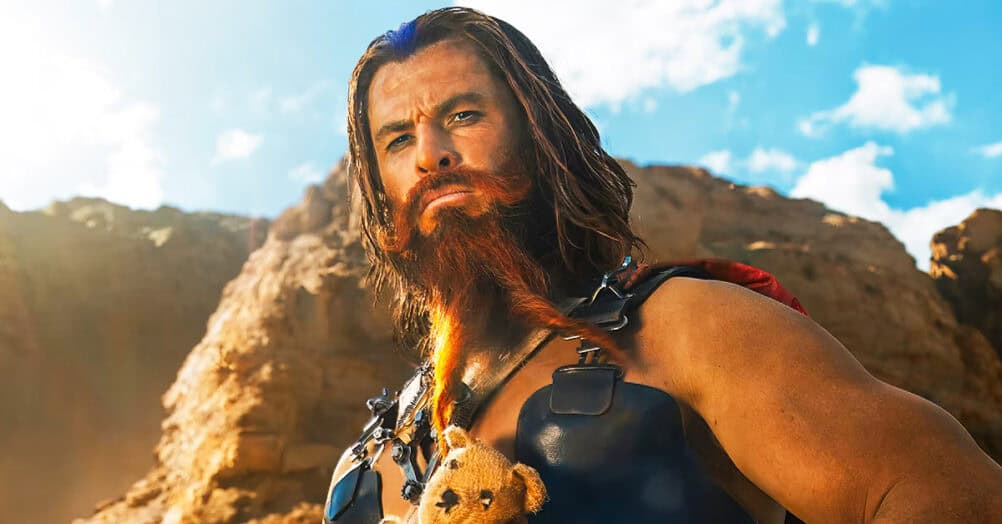
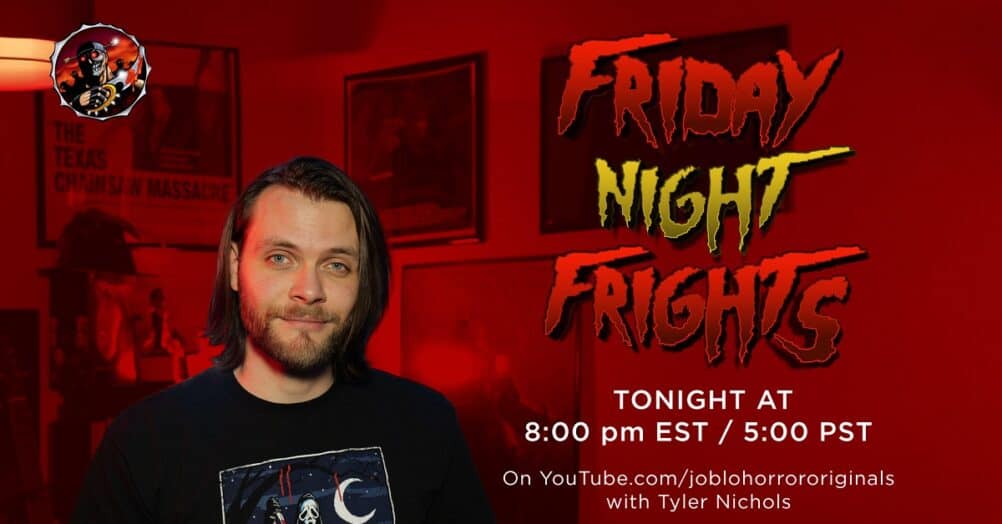
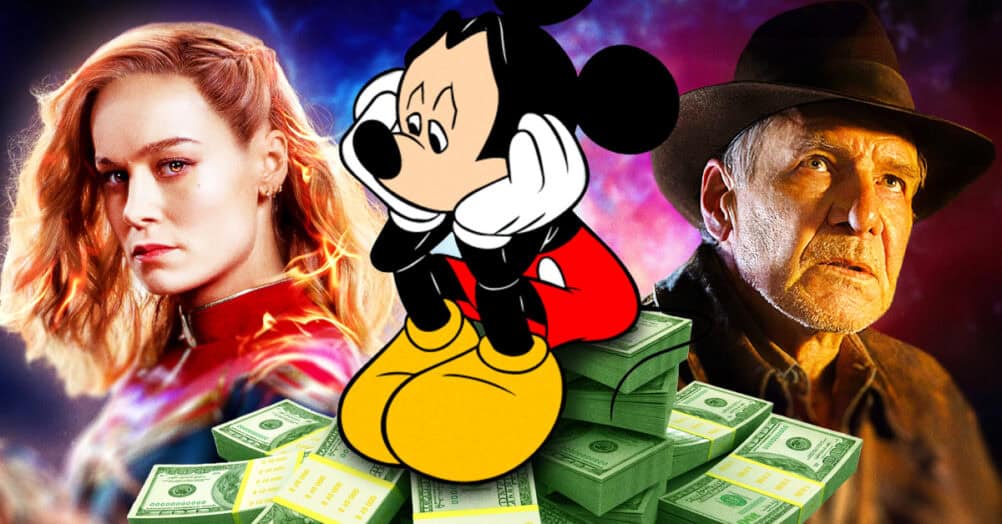
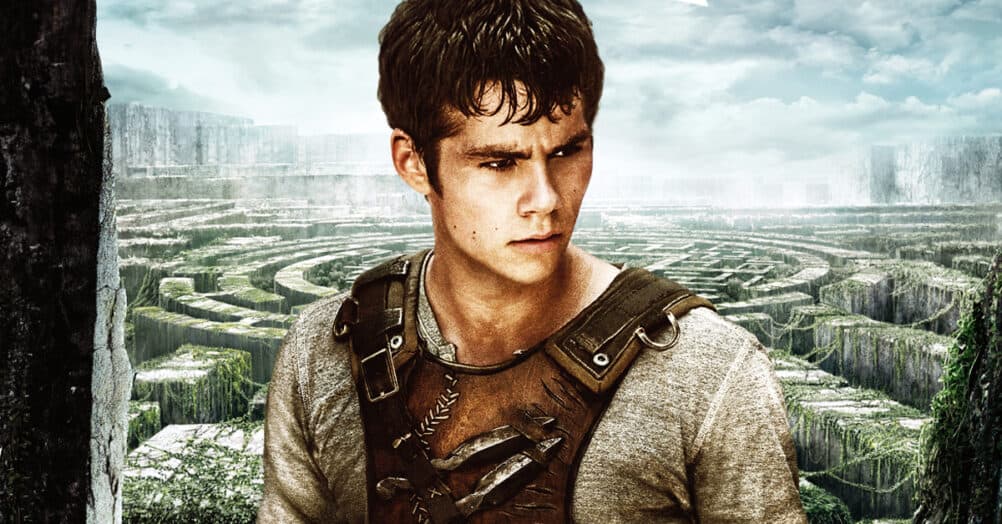
Follow the JOBLO MOVIE NETWORK
Follow us on YOUTUBE
Follow ARROW IN THE HEAD
Follow AITH on YOUTUBE